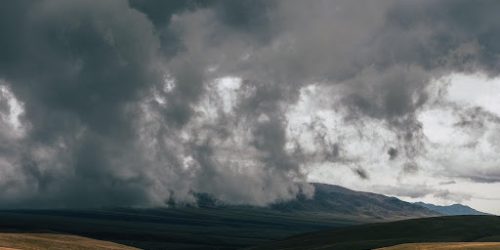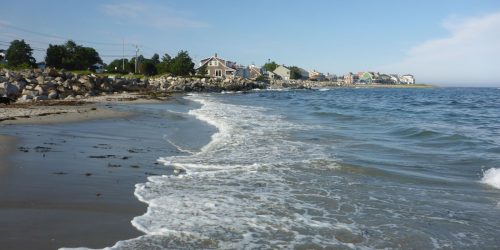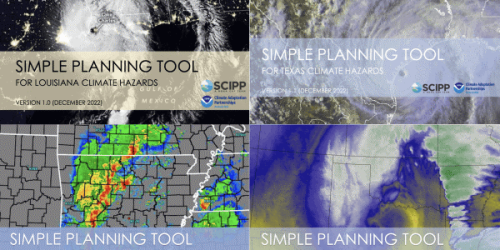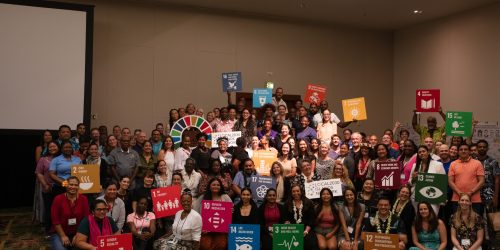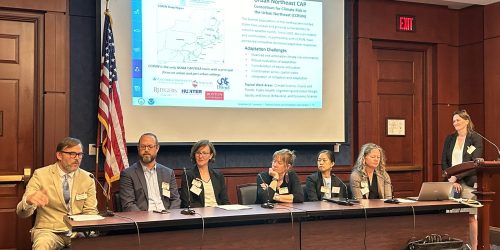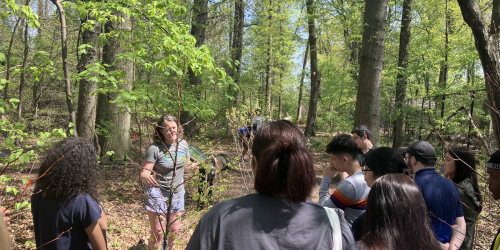CPO’s Regional Integrated Sciences and Assessments (RISA) program is announcing 4 new 1-year projects in Fiscal Year 2021 that aim to conduct multi-stakeholder workshops or other innovative planning activities in the Southeast and U.S. Caribbean. These activities will identify and examine important issues in the regions, related to social and economic dimensions of climate variability and change. The competitively selected projects total $399,922 1 in cooperative agreements.
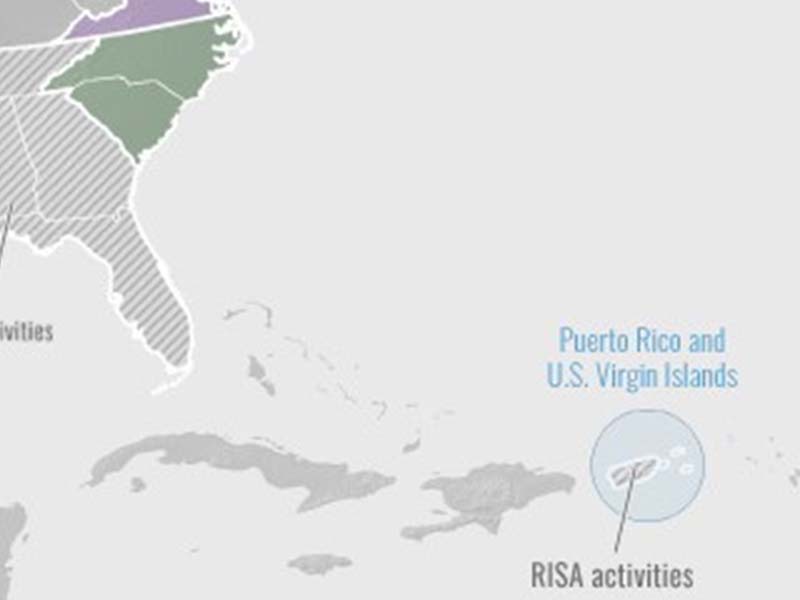
These projects support new engagement activities related to resilience and adaptive capacity in two regions where RISA teams do not currently operate. RISA’s regional teams build sustained relationships between decision makers and researchers that support collaborative and equitable adaptation to climate risks.
To begin filling this gap in RISA Network coverage, the new projects will 1) develop new collaborative relationships within the regions; and 2) co-develop community-relevant research questions and identify research needs, methodological approaches, and/or potential user applications. Each project will produce a white paper highlighting regional needs as well as adaptation challenges and opportunities. This information will provide context for scoping new regional teams, which bring time-tested, evidence-based decision support to people where they live and work.
The 4 new projects 2 funded by the RISA program in FY21 are:
- A Resilience Learning Agenda for Community-Based Organizations at the Intersection of Climate Hazards, Energy, Security, and Public Health in the U.S. Caribbean
This project will convene local experts and stakeholders in public health, energy, and climate hazards to identify cascading extreme events (hazards that act in a series and intensify impacts) and their knowledge gaps, strengthen networks, and develop opportunities for future research engagements. The project team will build a database (and network characterization) of the community-based organizations (CBO) in these three domains, conduct targeted interviews to understand research gaps and opportunities, assemble a committed team of CBO leaders to co-create a participatory workshop, and then bring together organizations that are working island-wide on energy, public health, and climate hazards.- Lead PI: Zack Guido, University of Arizona
- Co-PIs: Pablo A. Mendez Lazaro, University of Puerto Rico-Medical Sciences Campus; Ben McMahan, University of Arizona
- Capturing Local Knowledge in the Southeastern United States
This project will conduct a series of climate vulnerability assessments and engagement workshops in three communities of rural Florida, Alabama, and Georgia. The emphasis on the community-level will bring a more localized view of impacts and encourage residents to share in the development of collective solutions. The project will use local organizations and the power of storytelling to connect deeply with local residents, including the opportunity for participants to tell their own story to the cameras.- Co-Lead PIs: Jairo Garcia, Urban Climate Nexus; Alexander Easdale, Southeast Climate & Energy Network
- Co-PIs: Sarah Diefendorf, Environmental Finance Center West; Kathleen Kirkpatrick, Hometown Action
- The Heat + Affordable Housing Network: Exploring Landscapes of Thermal Inequity in the Southeastern U.S.
This project will create a regional “Heat + Affordable Housing Network” (H+AHN) to explore the compounding impacts of rising temperatures on affordable housing communities in the southeastern United States. The Network’s goal is to develop strategies for healthy and resilient affordable housing, supportive social systems, as well as equitable land use, zoning, and building and urban design that enable communities to flourish in a changing climate.- Lead-PI: Andrea Galinski, University of Florida
- Co-PIs: Jeffrey Carney, University of Florida; Clearly Larkin, University of Florida; Anne Ray, University of Florida; Ravi Srinivasan, University of Florida; Andrew Aurand, National Low Income Housing Coalition
- A JEDI (Justice, Equity, Diversity, and Inclusion) Climate Alliance to Promote Health Equity and Build Resilience in the Southeast United States and Caribbean Regions
Through a series of online and in-person meeting engagement opportunities, the JEDI Climate Alliance will bring together diverse traditional and non-traditional partners. The project will provide a better understanding of racial, socioeconomic, and structural disparities that could plausibly be linked to the health outcomes of climate change; and develop a shared vision and research framework required to promote health, equity, and estimate corresponding resource needs.- Lead-PI: Mona Behl, Georgia Sea Grant & The University of Georgia
- Co-PIs: Mark Risse, Georgia Sea Grant & The University of Georgia; Sherry Larkin, Florida Sea Grant & The University of Florida; LaToya O’Neal, The University of Florida; Renee Collini, Mississippi-Alabama Sea Grant Consortium & Florida Sea Grant; Ruperto Chaparro, Puerto Rico Sea Grant & The University of Puerto Rico; Kristin Grimes, The Virgin Islands Water Resources Research Institute at the University of the Virgin Islands; Shubhayu Saha, Centers for Disease Control and Prevention
1 The funding will be distributed over the life of the projects and future-year funding is conditional on appropriations.
2 At the time of publication, all awards may not have been accepted by recipient institutions.



